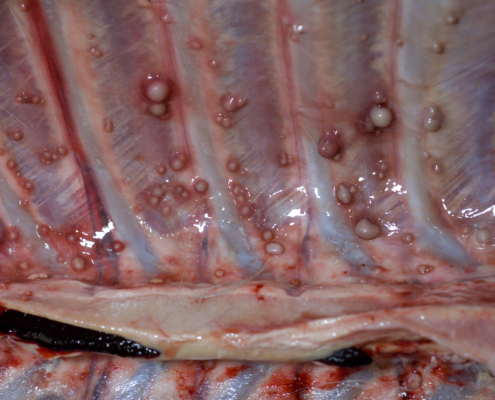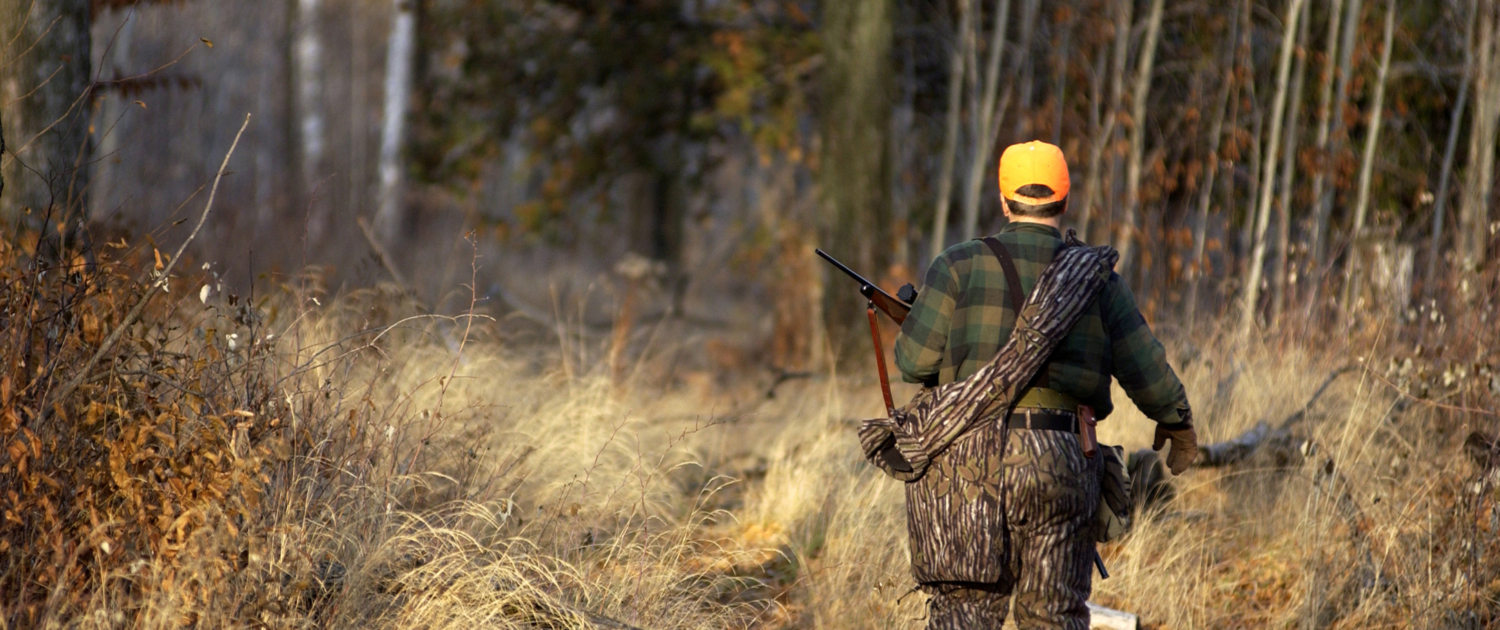Bovine TB Management Hunt
January Antler-less Deer Hunt
Bovine tuberculosis is an emerging disease that affects Michigan’s deer heard and other wildlife species and livestock. The infectious bacterial disease can occur in the lungs, intestines and other parts of the body. It is caused by certain bacteria that attack the respiratory system and causes gradual debilitation, depression and intolerance to exercise.

A total of 2,949 white-tailed deer have been tested in Alcona, Alpena, Montmorency and Oscoda counties. This 4-county area returned 8 TB positive deer! This area has become known as DMU 487. Michigan has become world-renowned after years of studying and testing for its research and expertise on managing this disease.
The Michigan DNR recently announced a January hunt to help with bovine TB management. This antler-less deer hunt will take place on private land on Alpena County (south of M-32) from Jan 4 – 7 and Jan 11 – 14, 2018.
The purpose of increasing the antler-less deer harvest is to improve the habitat of the heavily populated bovine TB area. Improving that habitat means improving overall deer fitness and better antler production, according to Chad Stewart, DNR deer and elk specialist.
Landowners can receive up to $7.50 per acre for allowing hunting on their land during this hunt. All rules and regulations for firearm deer season apply to this hunt.
DNR check stations are accepting donations from any hunters that wish to donate their deer. These donated deer are processed free of charge and distributed to local food banks!
Michigan’s citizens are at risk and it is important to maintain close attention to the meat inspection and pasteurization processes. Proper food handling and good management practices will lower the chance of bovine TB transmission from animals to humans.
There are no effective vaccines or medications for treating bovine TB in wild deer, meaning it is vital to continue surveying, examining and attempting deer management strategies to eradicate the disease.
Sources:
Michigan.gov/emergingdiseases
Michigan DNR



